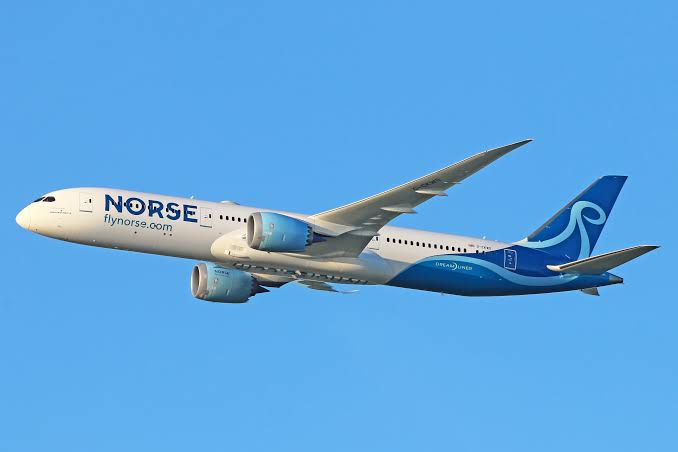By: Bilal Shaaf Gujjar
The observance of the International Day for the Eradication of Poverty can be traced back to 17 October 1987. On that day, over a hundred thousand people gathered at the Trocadéro in Paris, where the Universal Declaration of Human Rights was signed in 1948, to honor the victims of extreme poverty, violence, and hunger. The world’s poor are at disproportionate risk of torture, arrest, early death, and domestic violence, but their civil and political rights are being airbrushed out of the picture, UN Special Rapporteur on extreme poverty Philip Alston has warned in a hard-hitting statement to mark International Day for the Eradication of Poverty on 17 October. Even human rights groups are failing to draw the link between civil and political rights violations and poverty.
“If you are a victim of torture, the chances are significant that you are also poor. The same applies if you are a woman or a child who is a victim of domestic abuse.
As a poor individual, you are more likely to be arrested and prosecuted for crimes and, if you are, you are less likely to be able to afford a lawyer. The poor experience additional barriers when they want to vote and often have virtually no influence on political decision-making.
In short, people in lower socio-economic classes are much more likely to get killed, tortured or experience an invasion of their privacy, and are far less likely to realize their right to vote, or otherwise participate in the political process.
Development and human rights organizations, as well as Governments, mostly ignore violations of the civil and political rights of the poor, with terrible results.
Key international agencies, such as the World Bank and the OECD, ignore human rights altogether and have paid no attention to the specific civil and political rights of those living in poverty.
Even those working in international human rights, including many UN Special Rapporteurs, experts, groups and committees, often focus on civil and political rights violations without dealing with the fact that these are interlinked with poverty.
The same applies to international human rights NGOs. Analytical work like the 2006 report by the World Organization Against Torture (OMCT) on the root causes of torture is the proverbial exception that proves the rule.
Airbrushing the civil and political rights of the poor out of the picture has taken several forms. Firstly, human rights organizations have assumed that poverty can be explained exclusively by various forms of discrimination. But the use of a surrogate lens is clearly inadequate for capturing the very specific consequences of the varied forms of discrimination, oppression, stigma and violence experienced by many of the poor on a daily basis.
Secondly, virtually all Governments, UN human rights bodies, and human rights organizations have ignored the fact that key provisions in all major human rights treaties prohibit discrimination of any kind on grounds of social origin, property, birth or other status.
The result is that discrimination based on socio-economic class is hardly ever part of any analysis.
I call for a new approach by the human rights community, the development community and Governments that gives due attention to how often and how exactly the civil and political rights of the poor are violated. It is for everyone involved to determine how that goal can best be achieved, but a key starting point to begin collecting data.
So little is known about how the poor are differently and disproportionately affected by civil and political rights violations, that no sensible response can be expected without more knowledge of its root causes.
The elimination of poverty, creation of employment opportunities and lessening income inequalities constitute the necessary conditions for development. Development, therefore, is about the sustained elevation of an entire society and social system toward a better life.
Economic growth does not automatically translate to human development progress. Pro-poor policies and significant investments in people’s capabilities a detailed focus on education, nutrition and health, and employment skills can expand access to decent work and provide for sustained progress.
Thus, poverty has been considered as the oldest and the most resistant virus that brings about a devastating disease in the third world called under development. Its rate of killing cannot be compared to any disease from the genesis of mankind. It is worse than malaria and HIV/AIDS which are claimed to be the highest killer diseases.
An economic vision geared solely toward profit and material well-being has led to an economy of exclusion and inequality that has increased poverty and the number of people discarded “ as unproductive and useless,” Pope Francis said.
“The fight against poverty is not merely a technical economic problem, but above all a moral one, calling for global solidarity and the development of more equitable approaches to the concrete needs and aspirations of individuals and peoples worldwide,” he said.
The pope encouraged Catholic business leaders to generate new models of economic progress geared toward the universal common good “ in accordance with the values of God’s kingdom.”
G.K. Chesterton famously wrote that what was wrong in the world was that we did not ask what was right.
The roots of the so-called “ poverty trap” can be found not only in the impossibility of financing investments due to lack of income but also derive from institutional aspects as “bad government”. Foreign aid should take into account not only the amount of capital dedicated to counteracting poverty, but also institutional aspects, and moreover, forward-looking aspects, concerned to sustainable development.
Catholic Social Teaching contributions can be extremely useful when defining the values to inspire sustained growth to eradicate poverty.
All of us who advocate for people’s human rights to be respected, whether from within the UN system or any other group or organisation must be part of painting the poor back into the picture, closing the knowledge gap and rededicating ourselves to the search for solutions to their disproportionate suffering.”














